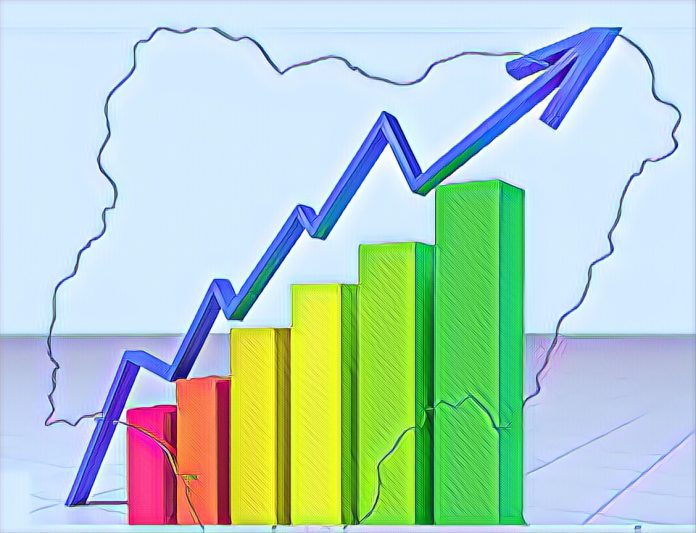Nigeria, Africa’s largest economy, is facing a severe inflation crisis that is eroding the purchasing power of its citizens and threatening its economic recovery. According to analysts at Financial Derivatives Company Limited (FDC), Nigeria’s headline inflation rate is projected to rise for the 10th straight month to 27.8 per cent in October 2023 from 26.72 per cent in September. This would be the highest level of inflation in 18 years and a record level for the country.
The main drivers of inflation in Nigeria are:
- Food prices: The FDC estimates that food inflation will increase by 1.21 per cent to 31.85 per cent in October, due to the impact of imported food on locally produced commodities. The price of flour, for example, has spiked by 46.88 per cent to N47,000 per 50kg bag, affecting the price of yam, which has increased by 16.7 per cent to N3,500 per tuber.
- Exchange rate depreciation: The naira, Nigeria’s currency, has lost about 30 per cent of its value against the US dollar since January 2023, making imports more expensive and reducing the purchasing power of Nigerians. The FDC notes that the naira depreciation has slowed down in recent weeks, trading between N1,150 and N1,200 per dollar, but it remains vulnerable to external shocks and speculative attacks.
- Fuel subsidy removal: The Nigerian government removed the subsidy on petrol in September 2023, leading to a 13.6 per cent increase in the pump price from N162 to N184 per litre. This has a ripple effect on the cost of transportation, electricity, and other goods and services that depend on fuel.
- Security challenges: Nigeria is grappling with various security issues, such as insurgency, banditry, kidnapping, and farmer-herder clashes, that disrupt economic activities and affect food production and distribution. The FDC says that these security challenges have increased the cost of doing business and reduced investor confidence in the country.
The high inflation rate has negative consequences for the Nigerian economy and its people. It reduces the real income and savings of households, erodes the competitiveness of businesses, discourages foreign investment, and increases the debt burden of the government. It also poses a challenge for the Central Bank of Nigeria (CBN), which has to balance its monetary policy objectives of price stability, exchange rate stability, and economic growth.
The FDC suggests some possible solutions to address the inflation crisis, such as:
- Increasing domestic food production and reducing dependence on imports, by providing incentives and support to farmers and agro-processors, improving infrastructure and storage facilities, and enhancing security in the rural areas.
- Strengthening the naira and increasing foreign exchange reserves, by boosting non-oil exports, attracting foreign direct investment, and curbing illicit financial flows.
- Implementing structural reforms and fiscal consolidation, by improving the business environment, diversifying the economy, reducing wasteful spending, and increasing revenue generation.
The FDC also notes that the CBN has recently allowed the stop rate on OMO bills to rise by 349 basis points to 17.98 per cent per annum, which is expected to increase the level of national savings and help taper the rate of inflation in the medium term.
Nigeria’s inflation crisis is a serious threat to its economic and social development, but it is not insurmountable. With the right policies and actions, the country can overcome the challenge and achieve its potential as a leading African economy.
Source: Business Day



